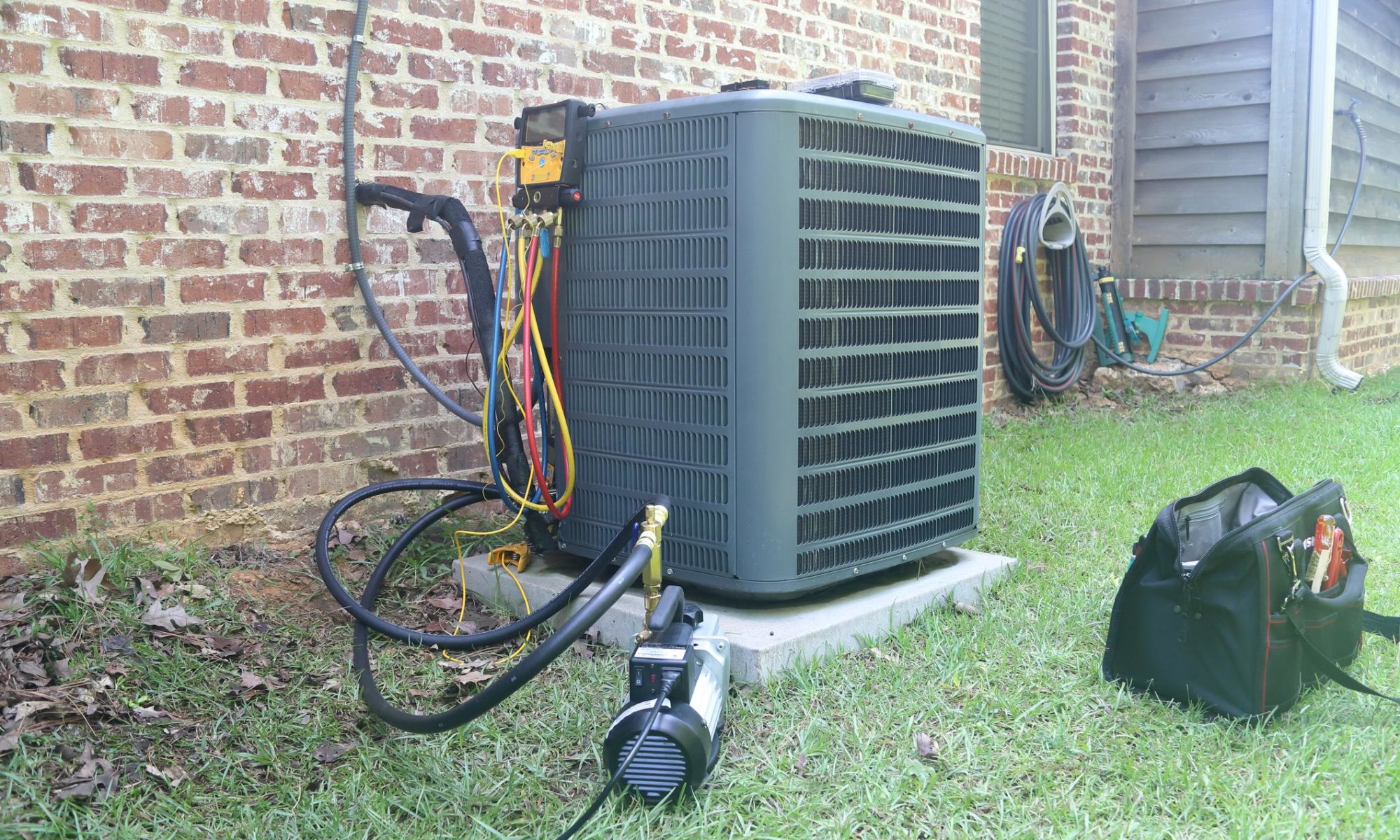One of the perks of living in Dallas is the weather. Sunshine is our loyal friend, most of the time. There is such a thing as too hot, particularly when we are trying to cool off in the shade of our homes. For those who call a rental their home, when is hot too hot? When can a tenant expect help from their landlord?
AC Expectations in Texas Are Warranted, but Set Them Low
The average high temperature in the Dallas area in June is 92 degrees, and the average increases during July and August. Those conditions are not just warm. They are not just uncomfortable. In certain conditions, extreme heat can become dangerous.
Everyone deserves a safe home, right? Yes. This includes renters. The requirements for landlords in terms of providing cooling for their properties vary from state to state. Texas does set rules for landlords to follow during these hot months. The rules, however, are meant to provide more safety for tenants rather than, well, comfort.
What Are the Cooling Guidelines Landlords Should Follow?
According to The Dallas Morning News, city laws require landlords to provide cooled air in their properties from Apr. 1 to Nov. 1. Cool air, in this case, might still feel too warm for some. The general guideline for the required temperature inside a rented property is 85 degrees. That standard goes up, however, when the heat rises above 105 degrees. Then, a unit is expected to reach only a temperature level of 20 degrees cooler than the hottest temperature outside.
Of course, if there is a unit included in your rental property, it should be safe. If the working condition somehow poses a danger to tenants, a landlord is required to fix that. The protected health and safety of tenants in a rental property are priorities in landlord-tenant disputes regarding living conditions.
When Should an Attorney Help Cool Down the Situation?
As a tenant in a rental property, you should inform your landlord and/or management about the air-conditioning problem formally. This is best done through writing, in order to potentially prove down the road in a landlord-tenant case that proper steps were taken to fix the problem before involving the law. In the case of extreme heat, a reasonable response should be swift. After all, extreme heat can be a dangerous situation for tenants, truly.
As a tenant, you do have the right to a safe residence. Living in sweltering, stale heat can be more than a major discomfort; but it can be a health hazard. If a landlord is not responding to complaints about it being too hot in your place, contact an attorney who can help defend your rights as a tenant in Dallas. Your lawyer can help push a landlord to respond and discuss the best next steps toward making home feel like home again.



